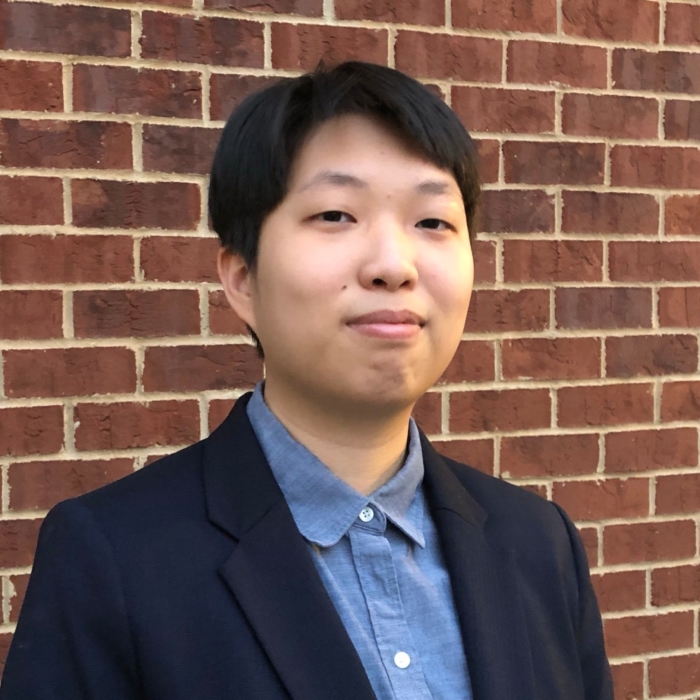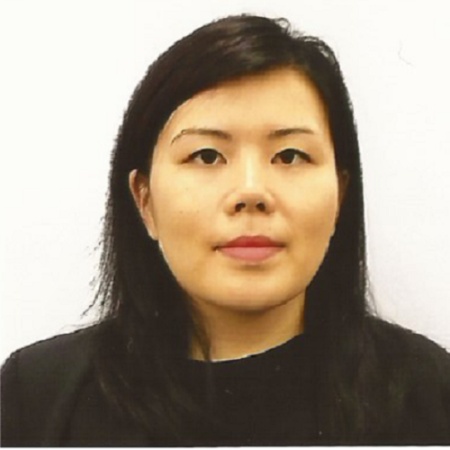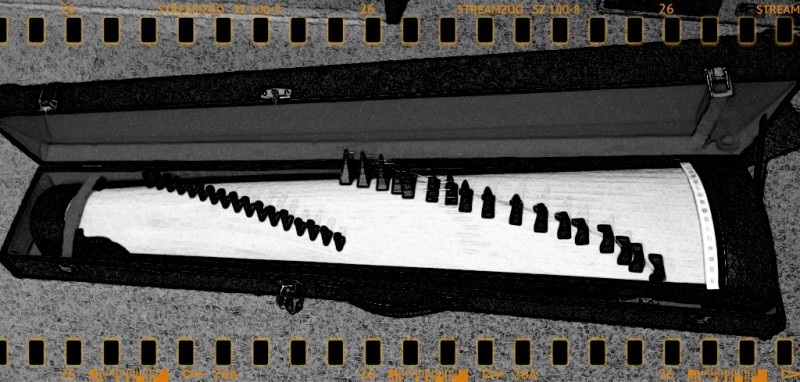
In the United States, Asian Pacific Islander Americans are held to a lot of stereotypes and prejudices. Some are held to the model minority myth, while others are racially profiled for features like having darker skin. While each group within the APIA community is held to different standards, both within their respective groups and in American society, there is one thing that these groups tend to have in common: the importance of their family and their communities.
Family tends to be a powerful force to APIA individuals in many ways. Oftentimes, there is a cultural need to stay close to family and do what it takes to live up to an idealized standard of how to behave. Other times, there may also be a need to stay close to their culture and family is able to be a constant source for that.
According to the Williams Institute, there are approximately 20 million documented APIA in the U.S. Out of those, 325,000 (about 2.8 percent) are estimated to be LGBT. In addition, a 2012 report by the Asian American Legal Defense & Education fund found that only about 35 percent of Asian Americans supported same-sex marriage, with the majority being U.S.-born and part of the younger generation.
Oftentimes, there is a cultural need to stay close to family and do what it takes to live up to an idealized standard of how to behave. Other times, there may also be a need to stay close to their culture and family is able to be a constant source for that.
Even with advances in API countries, like same-sex marriage being legalized in Taiwan and Vietnam, and the decriminalization of homosexuality in Vanuatu and Fiji, there has been little other change at government levels. And just as importantly, there have not been large strides in the societies themselves.
In the U.S., many households are headed by the older generation, where acceptance is much less likely because of the societies that they grew up in that were much less open to the idea. Due to this, being LGBT is still held as a taboo in many APIA households in the U.S. and can have great effects on the physical and mental health of those in the community who feel that they need to keep their identities a secret.
Coming out can mean that individuals feel like they have disgraced their families. Maybe because they do not fit the idea that their family and society had for them, or because they will not be able to carry on a family name. But because family is so central to APIA cultures, this has a far-reaching toll on a person. This can be especially difficult when the countries that they, or their parents, come from actively discriminates and persecutes the LGBT community, such as the Philippines, India, Papua New Guinea, among others.
Uyen Lam, a Vietnamese American student at the University of California Irvine who identifies as a lesbian, is one of many Asian Americans facing the difficulties of being closeted to her family. For Lam, whose parents have openly expressed their opposition to same-sex marriage, there is the expectation that she will one day have a husband and children. Extended family presents another obstacle, as much of Asian culture is built around having a family that is seen as respectable. “Reputation and appearances are huge with Asian cultures. So, you wouldn’t want to embarrass your family with things like being gay,” said Lam.
Religion, however, plays a huge role in some countries, such as Pakistan which has a Muslim majority population. In a 2014 Pew Research Survey, 85 percent of Pakistanis saw homosexuality as unacceptable while only 1 percent saw it as acceptable. On the other side, many of the Pacific Islands also count homosexuality as a crime, and those that do not still do not grant many other rights or protections to the LGBT community.

Graphic 1 Pew Research Survey “Global Views on Morality” (2014)
While these numbers show harsh odds against those in the LGBT community, they are not absolutes. Kashif Basaria, a student at the University of South Florida who identifies as both gay and Muslim said that after same-sex marriage was legalized in the US in 2015, his family expressed their disapproval. Basaria, however, said “I could no longer hide who I was” and soon decided to come out to his family, and to his surprise, they were able to eventually accept it.
Unfortunately, there has not been a lot of research done on being transgender or gender non-conforming and APIA, and research has instead focused mostly on sexual orientations.
With low representation overall, and even lower LGBT representation, it can be difficult for APIA individuals to find some way to see themselves in a positive way.
Even though the LGBT community as become more accepted in recent years in the U.S., with more representation and the ability to be more visibly active in mainstream society, the effect may not always extend to the APIA community. With low representation overall, and even lower LGBT representation, it can be difficult for APIA individuals to find some way to see themselves in a positive way.
Right now, there are resources like the Family is Still Family Campaign by the National Queer Asian Pacific Islander Alliance to help those who might want to come out to their families. The campaign provides multilingual and culturally diverse resources for API and APIA communities.
However, even then, resources there are still few resources out there specifically for Asian Americans, and even less for Pacific Islanders. Change can take time to occur, but it is already starting, but we have to remember that even with all the progress taking place throughout the U.S., it still needs to reach our communities before it really takes effect.





